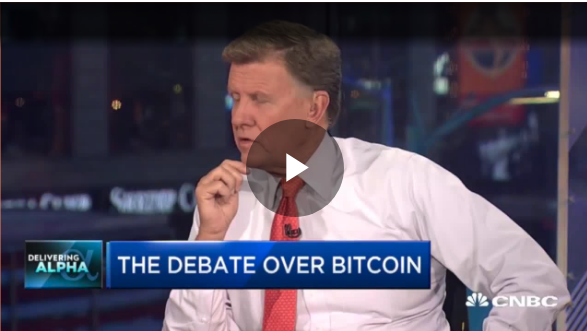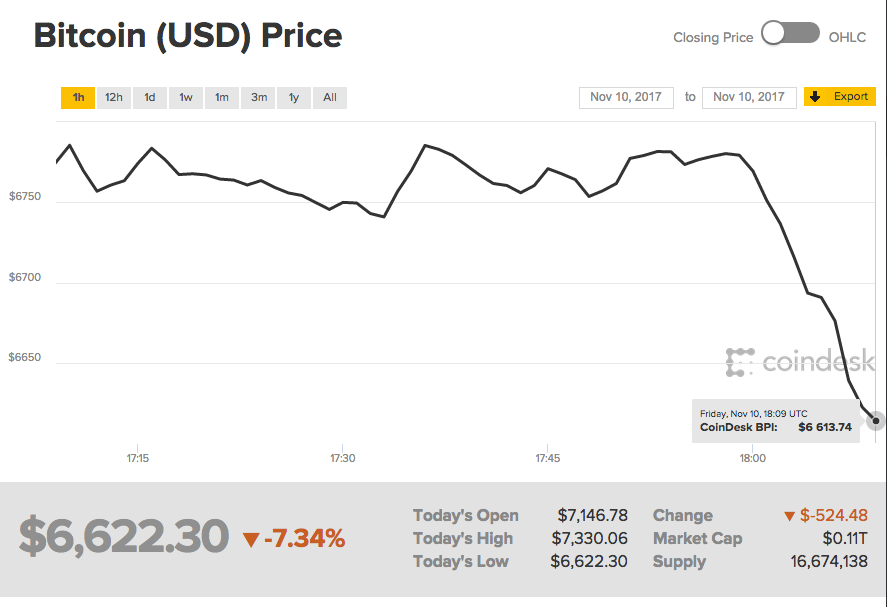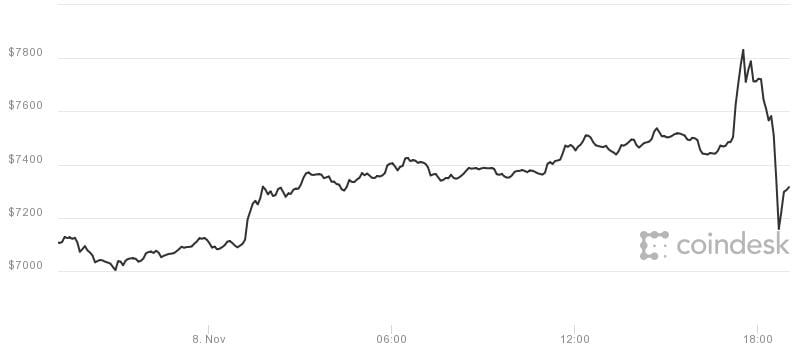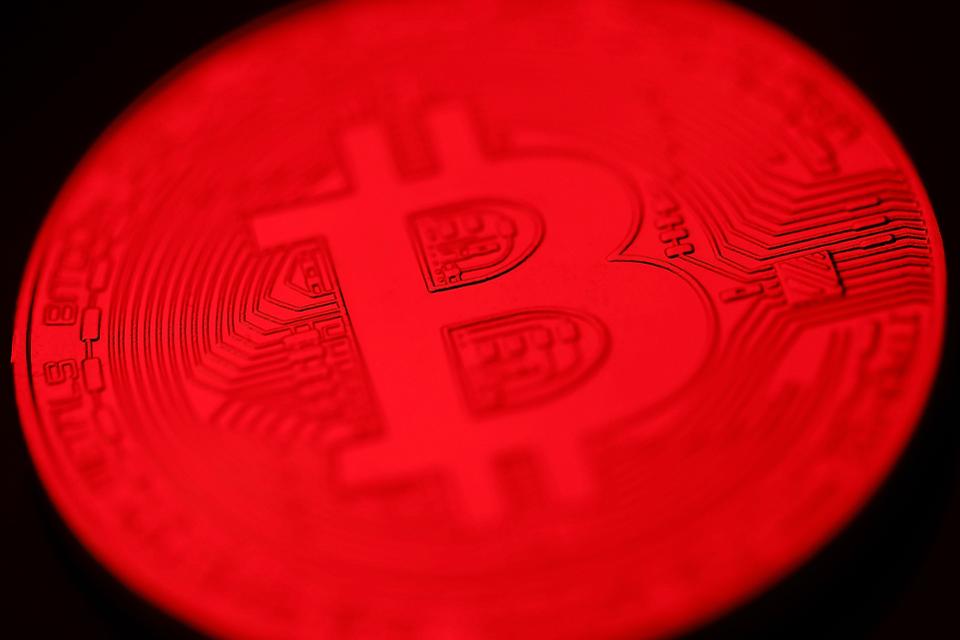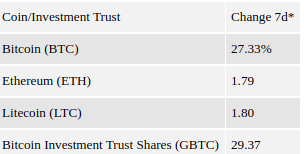
Relief and Disbelief — Bitcoin Reacts to Sudden '2x' Suspension
The tweets came fast and furious, almost quicker than the articulation.
After months of anger and debate, a group of businesses and mining firms that use bitcoin’s software to provide services suddenly shuttered an attempt at changing its rules. Scheduled to be introduced in mid-November, the Segwit2x software had emerged as a controversial bogeyman, a cloud of uncertainty over bitcoin’s future, that quickly gave way.
Among those who had for months spoken out against the proposal, and what they perceived as a broken understanding of how protocol development should proceed, euphoria was evident.
"Segwit2x hardfork has been called off! Common sense prevails," exclaimed litecoin creator Charlie Lee. “Put a fork in it, it’s done,” tweeted author Andreas Antonopoulos.
Developer Akin Fernandez, one of a legion of bloggers who have stood staunchly against the proposal, tweeted succinctly:
“Bitcoin wins.”
Indeed, the strongest voices in the initial reaction were those who had joined a long-simmering protest movement called "NO2X," which accumulated the support of dozens of companies and users, who displayed their opposition by adding a prefix to their social media names.
The social media behavior, launched in the wake of Segwit2x’s announcement in May, did much to highlight the differing perspectives of the proposal.
An open-source software that requires a diversity of stakeholders to agree to its rules to operate — bitcoin’s major companies, developers and mining pools have each taken a different view of development and how decisions about updates should be made.
Forged in an invite-only meeting, criticisms of Segwit2x came largely from developers, many of whom didn’t necessarily object to the idea larger blocks were needed, but a culture that had sprung up around startups that largely lacked a frame of reference for how network changes had been made, or even the various ways in which changes could be made.
As such, the news could be read as a culmination of a debate that began in 2015, when former bitcoin maintainer Gavin Andresen sought to galvanize interest in a block size change. Since then, several attempts have been made to tweak this aspect of the software.
However, despite its stakeholder support, Segwit2x now joins bitcoin classic, bitcoin unlimited and bitcoin-xt as proposed softwares to fail to gain adoption based on the idea.
Unexpected relief
That said, even many of Segwit2x's advocates were relieved the agreement was suspended.
"I am glad it is over," said Guy Corem, a former miner who signed the original Segwit2x agreement in May. "It was the right call."
Others hinted at the hostility their public support had brought, and the tactics used by supporters of the "NO2X" segment. Members of the group were often criticized for disparaging remarks and attacks made against Segwit2x supporters.
"I guess I can now pay more attention to more fruitful technical pursuits than following the news and fighting trolls online," said Segwit2x developer Jean-Pierre Rupp.
The acrimonious debate has been almost non-stop on social media channels such as Reddit and Twitter, at the peak leading to alleged death threats.
Due in part to this environment, there was a sense the Segwit2x proposal was not as welcomed by the community as participants had originally expected.
"We're relieved. The goal of the NYA was to bring the community together and keep the majority of the users on the same chain for at least a little while longer," Peter Smith, CEO of cryptocurrency software provider Blockchain, wrote in a blog post.
Others argued much the same — that a hard fork to increase the block size makes sense, but only if the agreement achieves support from all corners of the ecosystem.
"We are big fans of increasing the block size, as our customer really get impacted by the fees, but we want to see it done in a responsible way that brings the entire community together, and takes into account more voices," said Coins.ph founder and CEO Ron Hose.
New solutions
Still, there's a strong sense that bitcoin still needs to scale, somehow, in the future, as it seeks to accommodate new users.
“We'll either bring bigger blocks to people [with bitcoin], or we'll bring the people to bigger blocks [on bitcoin cash],” developer Peter Rizun told CoinDesk.
Perhaps unsurprisingly, the news that a block size increase would not be pursued was highly praised by supporters of the Lightning Network, a proposed off-chain microtransaction network that seeks to move bitcoin transactions off the blockchain itself.
"Now that 2x is officially donezo, excited to get back to work building long term solutions like Lightning!" Lightning CEO Elizabeth Stark tweeted.
However, while the news today could position Lightning as a likely solution, the big advances that appear needed to get the network off the ground are now likely to come under scrutiny.
On display at Scaling Bitcoin, a two-day technical conference at Stanford University this weekend, were the challenges yet to be solved with the technology. This includes ensuring privacy in transactions and better understanding the economics of their interactions.
As noted by Hebrew University's Aviv Zohar, presenting new work on the subject, larger blocks may ultimately be needed to optimize the network.
In this way, speculation is already building that Lightning will not be enough, or that it will take too long to take off. As such, some think that businesses will embrace alternative protocols such as bitcoin cash, an alternative bitcoin with a larger block size, or litecoin, founded in 2012 as a vehicle for faster merchant payments.
"We may start seeing more and more businesses move to bitcoin cash for on-chain transactions, due to the high cost of transacting on bitcoin, which is what Segwi2x was attempting to solve," Civic CEO and co-founder Vinny Lingham told CoinDesk.
Jake Smith, Bitcoin.com’s business developer and a long-time supporter of on-chain scaling, said he sold his bitcoin immediately after the news hit. His comments, while brief, showcase how supporters drawn to bitcoin’s possibilities as a peer-to-peer cash have been put off by the news.
"Bitcoin just signed it’s own death warrant, as far as I’m concerned," Smith added.
Likewise, OpenBazaar lead developer Chris Pacia, whose company moved to distance itself from the proposal last week, said more companies would likely turn to other options.
"[Segwit2x] didn't really make sense after the bitcoin cash fork,” he said.
Not the last
But while there is temporary relief, there is also new thinking about bitcoin's future.
The key thing that sets bitcoin apart, to many, is that it's a decentralized, digital way to move value that no one entity controls. And to some, Segwit2x’s failure simply showcase’s the strength of the technology in defending against influences that could undermine this.
Bitcoin developer Bashco pointed to the long line of attempts to increase the block size or undermine developers via such proposals, implying there will be others down the line.
"They will lick their wounds and regroup," the developer told CoinDesk.
This view speaks to the idea Segwit2x was best considered as an attempted "takeover" of bitcoin, in that developers behind it wanted to rewrite the cryptocurrency's rules without getting full agreement from the community.
A controversial move was also the decision by Segwit2x developers to remove code that constituted what has been described as “replay protection,” meaning the fork could have been executed in such a way that user funds could have been at risk if two chains emerged.
Still, some used the news to call for changes to the culture and community, especially those that keep in mind how governments or authorities could use similar methods to corrupt or harm the protocol in the years to come.
"We must continue with the research into forks and chain splits and building tools and defenses because it will almost certainly be tried again," Bitcoin Core contributor Eric Lombrozo told CoinDesk.
Bitcoin developer Matt Corallo, who had publicly feuded with high-profile members of the Segwit2x group, voiced a similar opinion that sought to appeal to unity.
"Let's take Segwit2x's failure as a learning experience — bitcoin's community is strong, and needs to broadly support any changes to bitcoin's consensus rules," he tweeted.
Others were more grandiose, hinting at the expansive narrative that has seemed to shroud what some outside the industry may see as a benign numerical change.
Pseudonymous bitcoin blogger WhalePanda tweeted:
"We won this battle … but they will keep coming to destroy bitcoin. We will not forget.”
Authors: Pete Rizzo & Alyssa Hertig Nov 8, 2017 at 23:05 UTC
Posted by David Ogden Entrepreneur

Alan Zibluk Markethive Founding Member



